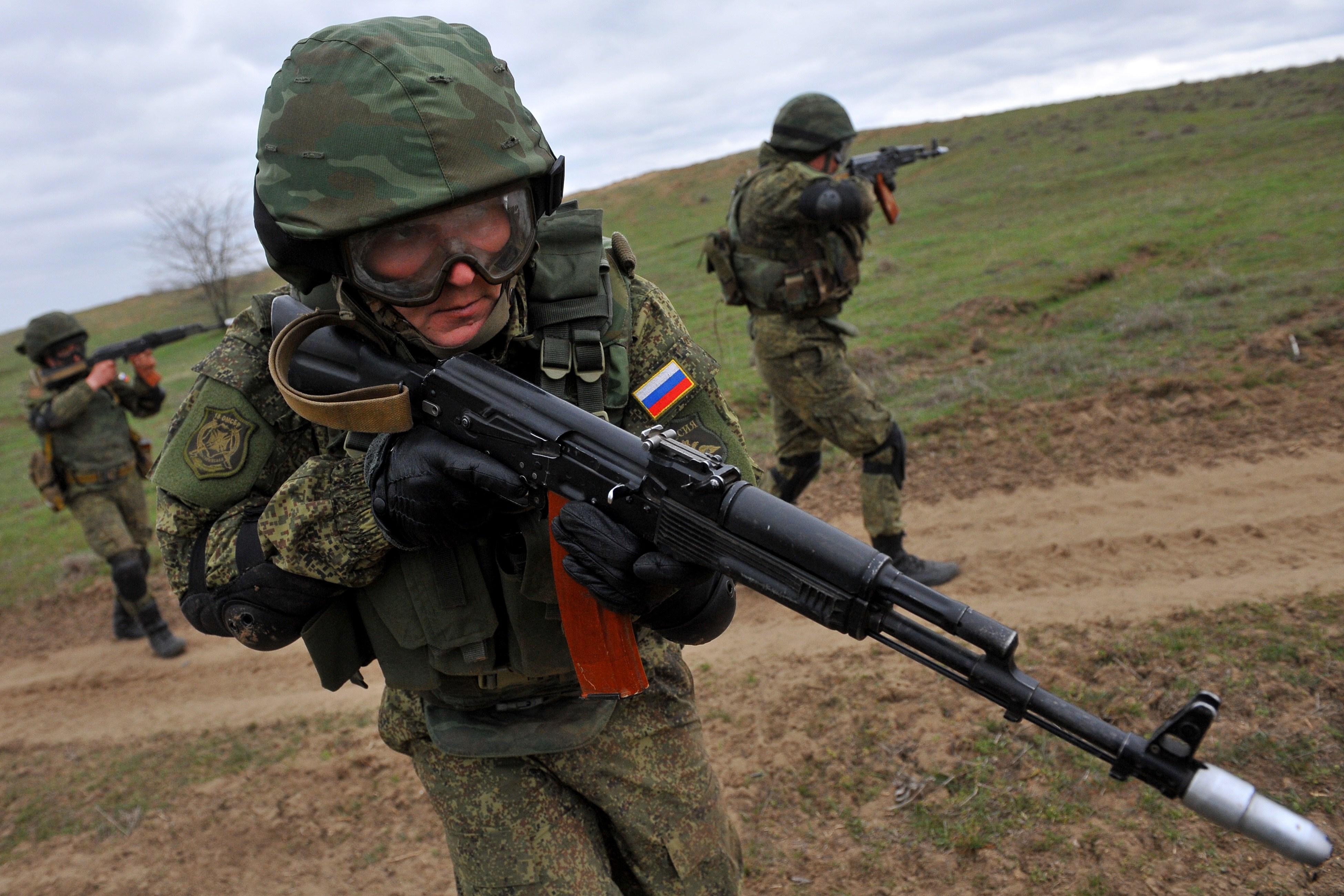Russian President Vladimir Putin on Thursday declared the deaths of Russian troops killed in special operations during peacetime to be a state secret, a move that activists fear could be used to silence efforts to bring attention to the deaths of Russians fighting in Ukraine.
Putin’s office, which has consistently denied that Russian troops have been sent to Ukraine, did not explain the decree. The classification comes amid media reports that Russia is once again moving heavy weaponry and military vehicles—many with license plates and identifying insignia removed—to the Ukrainian border. It also comes two weeks after activists released a report based on information compiled by opposition leader Boris Nemtsov alleging that 220 Russian soldiers were killed in two major battles in Ukraine. Nemtsov was gunned down on the street in February ahead of a major opposition rally.
Further adding to the sense of repression in Russia, Vladimir Kara-Murza, a prominent activist and close friend of Nemtsov’s, was rushed to the hospital this week with a mysterious illness. While doctors haven’t found any evidence of poisoning or foul play, it’s hard not to be suspicious given the fate of some other Putin critics.
Despite abundant evidence of Russian troops fighting in Ukraine, including some captured and interviewed by Ukrainian forces, Russian authorities have consistently denied this fact, suppressing the details of how soldiers were killed and reportedly burying some in unmarked graves. While public support for Russian actions in Ukraine remains high, there’s been growing frustration among some Russians over the unacknowledged casualties and missing soldiers involved in the conflict, with some family members publicly demanding answers. On the rare occasion that the government does acknowledge there are Russians soldiers involved in the conflict, they’re described as “volunteers” or “on leave.”
This is somewhat reminiscent of Soviet practice: Moscow didn’t acknowledge the shocking number of troops killed in Afghanistan in the 1980s until years after the war ended—though the Soviets, at least, admitted that there was a war.
